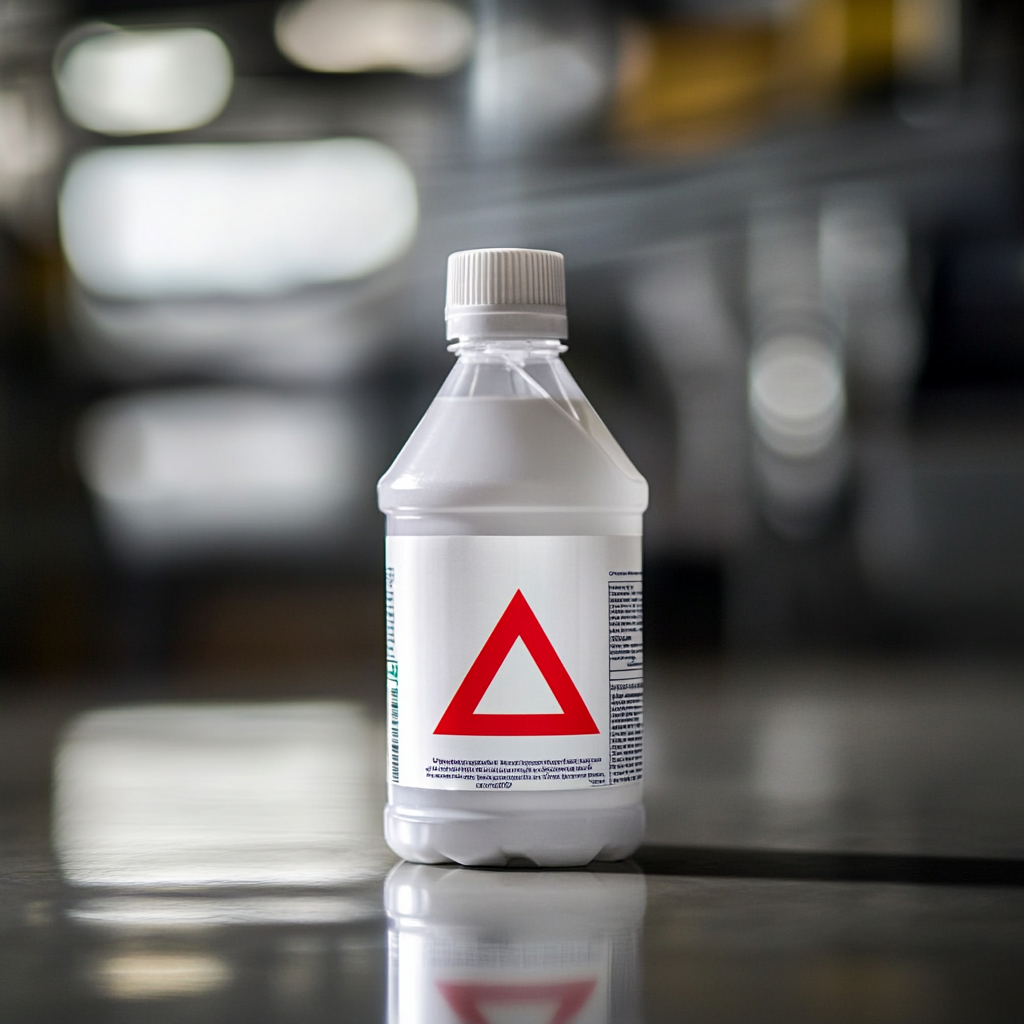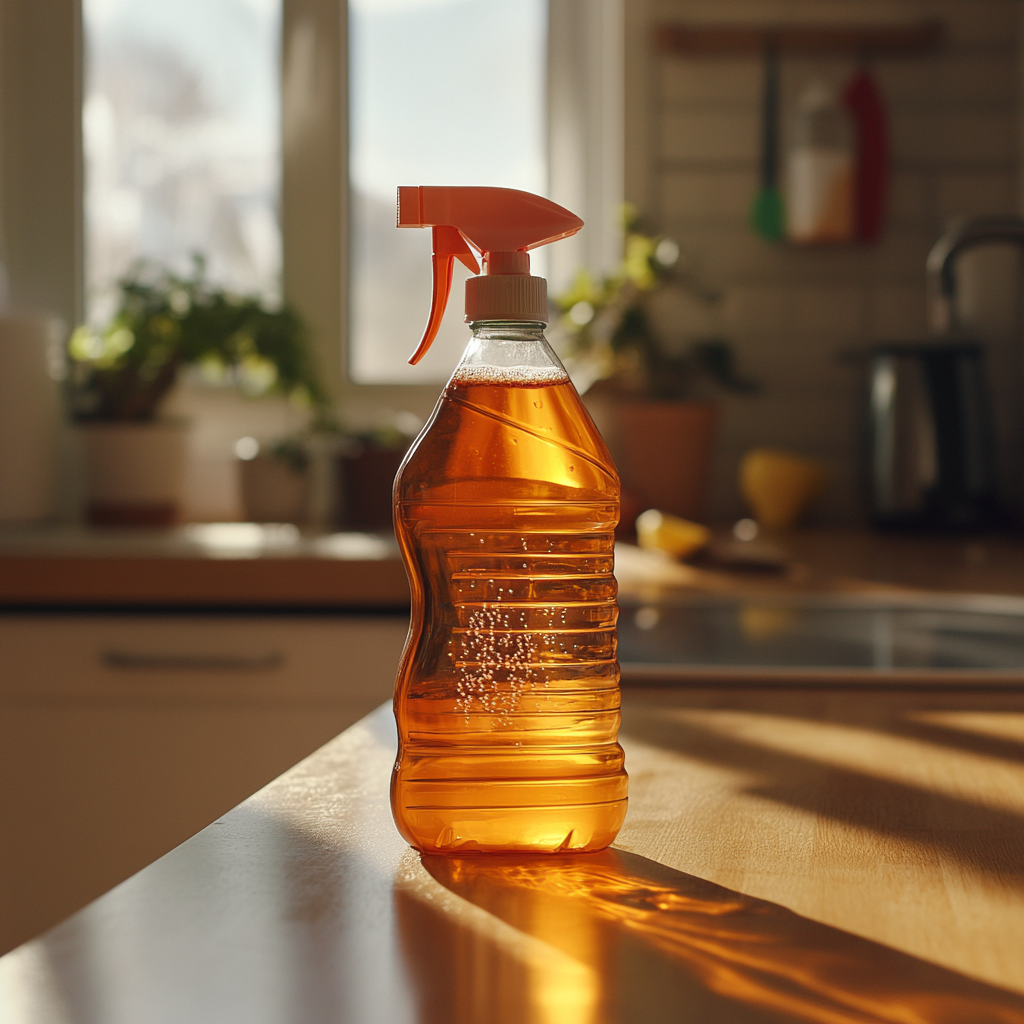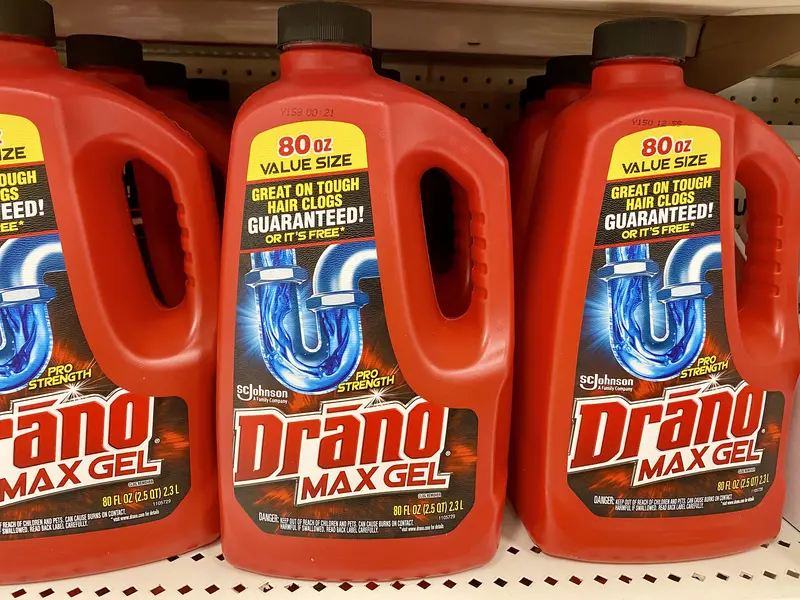Ever thought that the fresh scent after cleaning is a sign of a job well done? It might be time to reconsider. That clean smell could be masking some hidden dangers lurking in your favorite cleaning products.
Ignoring the Risks of Synthetic Fragrances
Synthetic fragrances are common in many household cleaners. While they might make your home smell pleasant, these artificial scents often contain volatile organic compounds (VOCs) that can lead to respiratory issues and allergic reactions. According to studies, exposure to VOCs can cause headaches, dizziness, and even long-term health effects.
Choosing fragrance-free or naturally scented products can reduce these risks. Simple alternatives like using essential oils for a pleasant aroma can make a significant difference.
Making this switch not only improves indoor air quality but also minimizes potential health hazards for you and your family.
Overlooking the Dangers of Bleach

Bleach has been a staple in cleaning routines for decades, valued for its disinfecting properties. However, bleach contains harsh chemicals that can irritate the skin, eyes, and respiratory system. Mixing bleach with ammonia-based cleaners can even produce toxic gases that are extremely hazardous.
There are safer alternatives that are just as effective. For instance, hydrogen peroxide is a powerful disinfectant without the harmful side effects of bleach. Switching to such alternatives can maintain cleanliness while safeguarding your health.
It’s important to handle any cleaning agents with care, but opting for less aggressive chemicals is a proactive step toward a healthier home environment.
Unaware of Harmful Air Fresheners
Air fresheners might seem like a quick fix for unpleasant odors, but they often introduce more problems than they solve. Many contain chemicals that can disrupt the nervous system and affect fertility. Constant exposure can lead to chronic health issues over time.
Instead of masking odors, consider natural solutions like baking soda or indoor plants that purify the air. These options are not only healthier but also environmentally friendly.
By eliminating synthetic air fresheners, you’re taking a simple yet effective step toward improving indoor air quality.
Misusing Antibacterial Cleaners

Antibacterial cleaners are marketed as essential for a germ-free home. However, overuse of these products can contribute to the development of antibiotic-resistant bacteria. Ingredients like triclosan are not only unnecessary but can also interfere with hormone function.
Regular soap and water are effective for most cleaning tasks. For disinfecting needs, alcohol-based solutions or natural products can do the job without the downsides of harsh chemicals.
Rethinking the use of antibacterial cleaners can promote a healthier environment both inside your home and in the broader community.
Underestimating the Impact of Ammonia-Based Products
Ammonia is commonly found in window cleaners and polishing agents. While it provides a streak-free shine, ammonia can irritate the eyes and respiratory system. Prolonged exposure may lead to serious health complications.
Opting for vinegar-based solutions or products with safer ingredients can achieve similar results without the health risks. These alternatives are effective and easy to find.
Making informed choices about cleaning products helps protect your well-being while keeping your home sparkling clean.
Neglecting the Hazards of Drain Cleaners

Drain cleaners are known for their ability to clear clogs quickly. However, they contain highly corrosive chemicals that can cause burns and release toxic fumes. Accidental contact can lead to severe injuries.
Mechanical methods like plungers or drain snakes are effective and eliminate the need for dangerous chemicals. For stubborn clogs, a mixture of baking soda and vinegar can also work wonders.
By choosing safer methods, you can maintain your plumbing without compromising safety.
Overlooking Toxic Ingredients in Laundry Products
Laundry detergents, softeners, and dryer sheets often contain chemicals like formaldehyde and phosphates. These substances can irritate the skin and respiratory system and have environmental impacts.
Switching to natural laundry detergents and using wool dryer balls instead of dryer sheets can reduce exposure to harmful chemicals. These alternatives are gentle on the skin and better for the planet.
Simple changes in your laundry routine can lead to significant health benefits.
Disregarding the Risks of Oven Cleaners
Oven cleaners are designed to tackle tough grime but often contain lye and other corrosive chemicals. These ingredients can cause severe burns and respiratory issues if inhaled.
A safer approach is to use baking soda and water to create a paste that effectively loosens grime without harmful side effects. This method is not only safer but also cost-effective.
Choosing gentler cleaning methods can make kitchen maintenance safer for everyone involved.
Failing to Read Product Labels Carefully
Many assume that products on store shelves are safe to use as directed. However, manufacturers are not always required to list all ingredients, especially those considered trade secrets like fragrances.
Taking the time to read labels and understand what you’re bringing into your home is crucial. Look for products with transparent ingredient lists and certifications from reputable organizations.
Being an informed consumer empowers you to make choices that prioritize health and safety.
In conclusion, reevaluating the cleaning products you use daily can have a profound impact on your health and well-being. By opting for safer alternatives, you create a healthier home environment and contribute to a more sustainable world.
